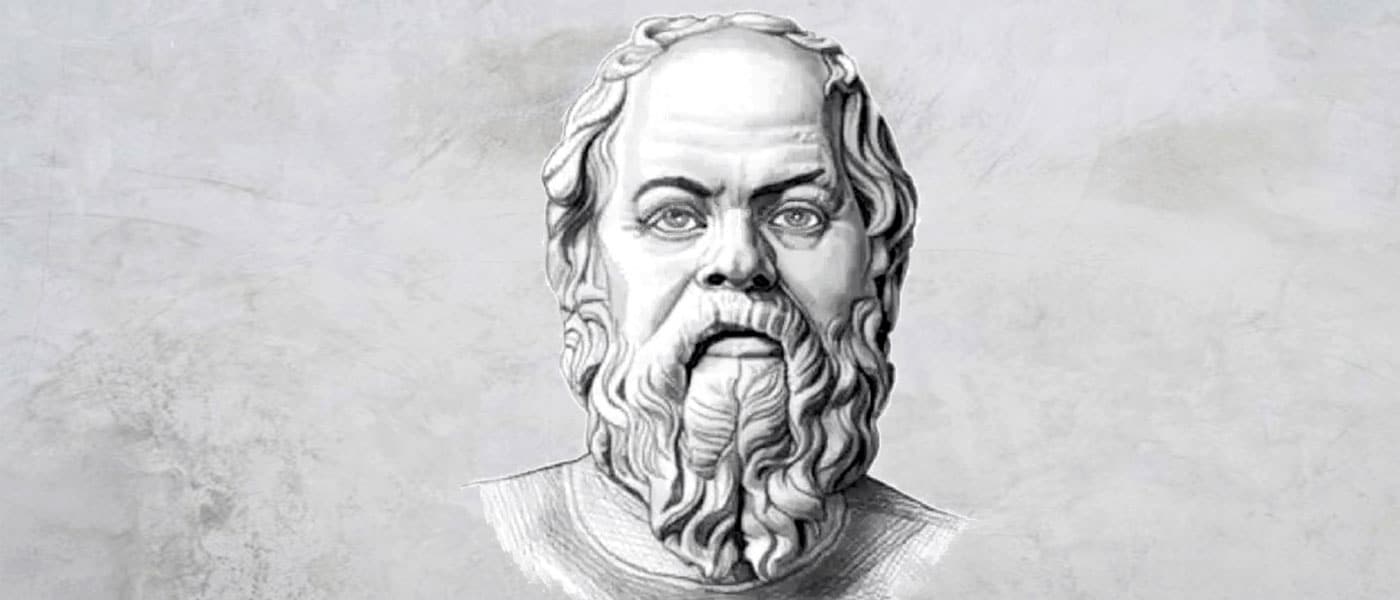
A guide to ethical gift giving (without giving to charity)
Opinion + AnalysisRelationships
BY Giacomo Bianchino 27 NOV 2017
It’s easy to be frustrated by “charity giving” during the festive season. Little Billy gets a card from World Vision thanking him for support he never knew he gave. All because his sanctimonious aunt decided a new bike wasn’t particularly important.
We’d expect Billy to be pretty upset. But is objecting to “charity giving” childish or is donating on a friend’s behalf incompatible with Christmas giving altogether?
Reminding others of their ethical duties at a time of celebration is, in many ways, noble. There is also value for charity gifts as responses to the hollow commercial practices of modern Christmas traditions.
Charity giving overhauls the tradition of giving. It seeks to fulfil a social need without consideration of the putative “receiver”. As such, the moral case for charity giving isn’t black and white.
While the act might be well-intended, it is poorly executed. When we give at Christmas, presents convey a specific message – one that charity gifts miss altogether.
When we give, we create a sense of shared meaning between individuals. The gift establishes a relationship on the basis of common commitment. In the case of Christmas, the commitment is to one another. Different gifting rituals have other messages.
For instance, during Kwanzaa, members of the African diaspora give homemade gifts to encourage one another to remember their heritage. Kwanzaa emphasises the creation of a moral community in which each member is dedicated to the other. Do-it-yourself gifts foster an attitude where the focus is not on the gift itself, but the recipient.
It might seem as though the charity gift does something similar. By doing good in the name of the recipient, perhaps we foster a relationship based on social justice rather than consumption. But there is a difficulty here.
When our gift is a donation for a distant community, we’re no longer giving a gift to our friend or family member. We’re giving a gift to that distant community.
However deserving the community is, this form of giving is radically different to the form inherent to Christmas or Kwanzaa. We effectively cut the receiver out of the process and instead use the gift ceremony as a means to achieving our own moral agenda.
If charity gifts are a problem, can we give in a way that goes beyond the department store notions of giving and escapes the cycle of consumption?
Yes, but the solution doesn’t lie in what we give, but in how we give.
We can take cues from other cultures. There are entire systems of morality built around the idea of the gift. The famous sociologist Marcel Mauss wrote of gift economies in tribal cultures. He learned how members of traditional Samoan communities gain or lose standing based on their ability to give and to receive well. The exchange of property there is more about establishing relationships than obtaining any particular object or achieving any social goal.
This idea of the giving being more important than the gift isn’t foreign to Christmas traditions. The first recorded act of Christmas gifting was Queen Victoria to her children in 1850. You’d have to rack your brain to find something that the kids of imperial royalty needed. Indeed, the gifts they got were purely symbolic, gestures of goodwill.
So if you’re toying with the idea of ethical giving this Christmas, don’t line up the usual suspects. Make donations to your chosen charities in your own name, but avoid treating them as a replacement for gifting. Charity gifts don’t show others what they mean to you, they substitute the gift for some other moral end.
Give some thought instead to the received wisdom of gift cultures.
Begin by asking yourself, “what does this person mean to me?” “How best can I show them?”
If the gift is a way of sending a certain message, focus on the message. The object is just a means of communication – the message lies in the giving.
Become an artist of the gift – creative, thoughtful and mindful of the recipient – and you can give without being smarmy or sanctimonious.
Truly a modern Christmas miracle.
Ethics in your inbox.
Get the latest inspiration, intelligence, events & more.
By signing up you agree to our privacy policy
You might be interested in…
Explainer
Relationships
Ethics explainer: Nihilism
Big thinker
Relationships, Society + Culture
Big Thinker: Socrates
Opinion + Analysis
Relationships
Will I, won’t I? How to sort out a large inheritance
Opinion + Analysis
Relationships, Climate + Environment



